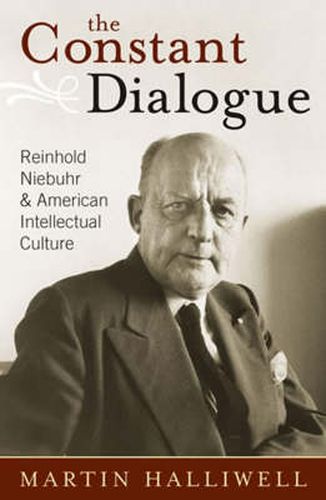Readings Newsletter
Become a Readings Member to make your shopping experience even easier.
Sign in or sign up for free!
You’re not far away from qualifying for FREE standard shipping within Australia
You’ve qualified for FREE standard shipping within Australia
The cart is loading…






In this important new work, Martin Halliwell focuses on the tensions between the two dimensions of Reinhold Niebuhr’s thought: his political role as a radical social critic and the conservative drift of his religious beliefs. Halliwell concentrates particularly on his attempts to justify the role of the religious critic in a secular age by tracing his thought back to European and American traditions of religious individualism. In order to better examine Niebuhr’s philosophy, Halliwell positions him in a series of debates on political, religious, ethical, and cultural themes with other public intellectuals such as John Dewey, Paul Tillich, W. H. Auden, George Kennan, and Martin Luther King, Jr. In doing so, the book reassesses the role of dialogue in Reinhold Niebuhr’s thought and the important contributions that Reinhold Niebuhr made to twentieth century American culture.
$9.00 standard shipping within Australia
FREE standard shipping within Australia for orders over $100.00
Express & International shipping calculated at checkout
In this important new work, Martin Halliwell focuses on the tensions between the two dimensions of Reinhold Niebuhr’s thought: his political role as a radical social critic and the conservative drift of his religious beliefs. Halliwell concentrates particularly on his attempts to justify the role of the religious critic in a secular age by tracing his thought back to European and American traditions of religious individualism. In order to better examine Niebuhr’s philosophy, Halliwell positions him in a series of debates on political, religious, ethical, and cultural themes with other public intellectuals such as John Dewey, Paul Tillich, W. H. Auden, George Kennan, and Martin Luther King, Jr. In doing so, the book reassesses the role of dialogue in Reinhold Niebuhr’s thought and the important contributions that Reinhold Niebuhr made to twentieth century American culture.